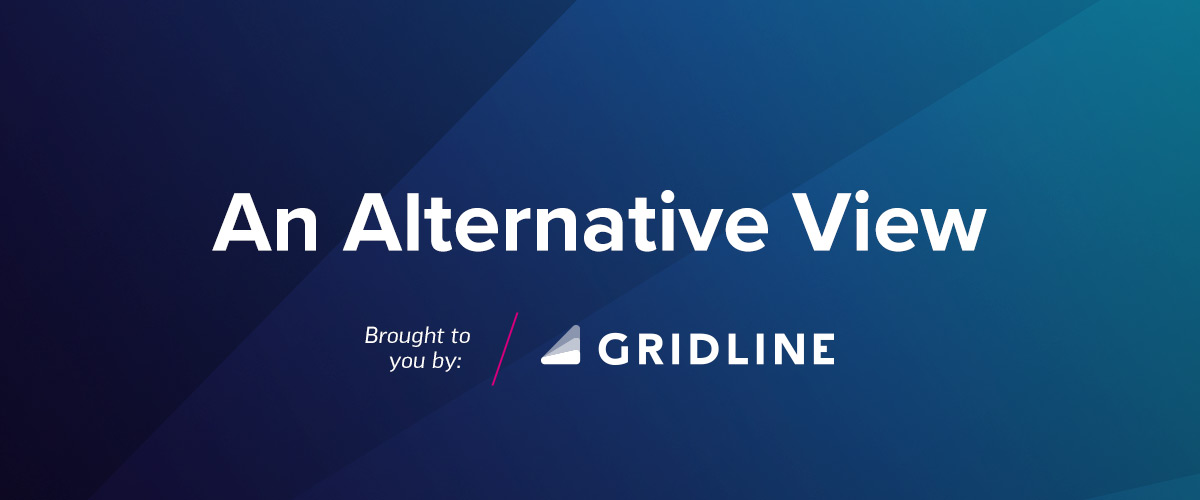What do the British Open and Foundry have in common? WHOOP.
WHOOP is both the “Official Fitness Wearable of the PGA TOUR” and a portfolio company of Foundry, having led a $55M Series D round in late 2019.
With the British Open starting today, some of the game’s most notable golfers, including Justin Thomas and Rory McIlroy, will be wearing a WHOOP device to monitor their performance, sleep, and recovery. Justin Thomas, who had a historic comeback victory at the PGA Championship this year, slept so soundly the night before Sunday’s final round that he recorded a 100% sleep score and an 89% recovery score. He was ready for that historic win.
Foundry’s investment in WHOOP is a perfect example of their playbook: Leverage the partner funds’ portfolios as a filtered opportunity set for direct investments, and invest in themes, which are long-term, horizontal views of trends in technology and innovation. Foundry was introduced to WHOOP by Founder Collective, a partner fund. The Company falls into the theme of Human-Computer Interaction, which believes that the computing world is ripe for a series of significant shifts in user-interface paradigms (how we interact with computers).
WHOOP is bringing a new level of data and intelligence to the fitness and health market, representing a massive winner for Foundry. In August last year, they completed a $200 million Series F round at a $3.6 billion valuation.
At Gridline, two of our “Four Ps of Manager Selection” are Process (managers whose success has been based on their investment skill and process, rather than luck) and Philosophy (long time horizon strategies, where fund managers are not distracted by short term noise) and this is an excellent example of both.
-Logan Henderson, Founder and CEO
Worth a Read

The “Four Ps” of Due Diligence
Gridline’s due diligence process includes these four Ps to identify and diligence the best managers for our clients. Read more.

The Vanguard of Alts
Gridline creates an efficient way for investors to gain diversified exposure to non-public assets with low capital minimums. Read more.
A Final Thought
After years of rushed negotiations and minimal due diligence, firms spend more time vetting investments and, in some cases, walking away from deals.
Nearly unheard of a year ago, a robust diligence process is becoming more prevalent again and should ultimately lead to better outcomes as deeper evaluation can identify firms with management problems, potential issues with product market fit, or a lack of financial controls. Additionally, investors are taking advantage of the current market dislocation to secure better terms, including discounts and liquidation preferences.
While companies will face a more challenging market for fundraising than in previous years, this diligence process is healthy. It leads founders and executives to scrutinize their businesses and make better long-term decisions more closely.
There will undoubtedly be some painful experiences along the way. Still, this reset to a more traditional investment process will create a healthy, thriving private market ecosystem, reducing the internal burden of private market investment and administration.
Let us know what you think – please don’t hesitate to reach out.
-The Team at Gridline
